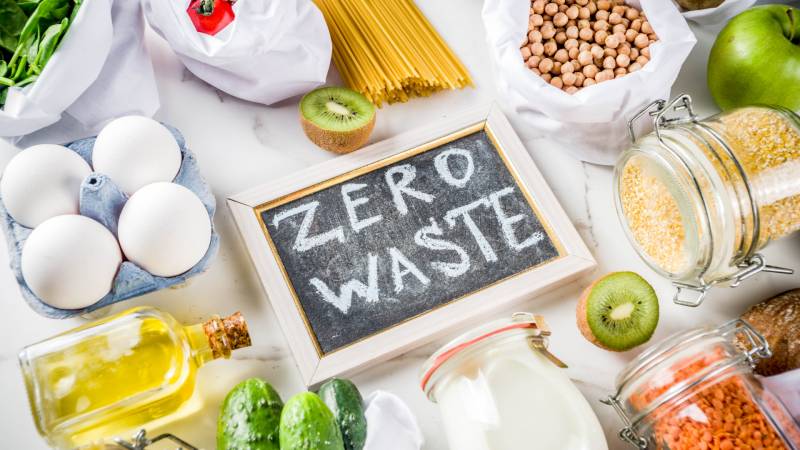The average American produces 4.9 pounds of waste daily, according to the Environmental Protection Agency. This is inspiring some to adopt a zero-waste lifestyle, which involves maximizing already-owned items to reduce individual plastic consumption and waste production. While the zero-waste lifestyle has appeared in more social media feeds and advertisements in recent years, it is far from new, with roots tracing back to many communities of color. The spike in popularity has made some activists feel the movement has obscured those roots, reflecting ongoing racism within the environmental activist community. In this student-produced segment as part of KQED’s annual Youth Takeover, we’ll take a critical look at the origins of zero-waste living and how it can be practiced today.
Youth Takeover: Zero-Waste Living Has Long Roots in Communities of Color

(iStock)
Guests:
Isaias Hernandez, environmental educator; creator, Queer Brown Vegan website
Shilpi Chhotray, co-founder and executive director, People Over Plastic
Khadeejah Khan, sophomore, Santa Clara High School; member, KQED's Youth Advisory Board
Chaheti Bansal, content creator on food and sustainability
Matt Zimbalist, co-founder, Re-Up Refill Shop in Oakland
Sponsored